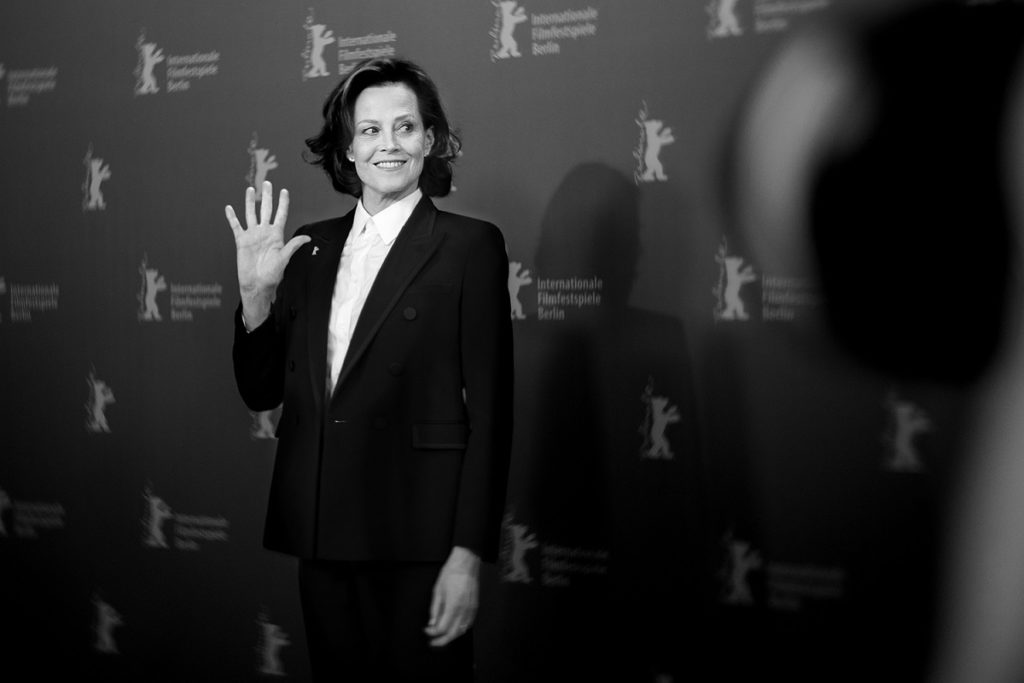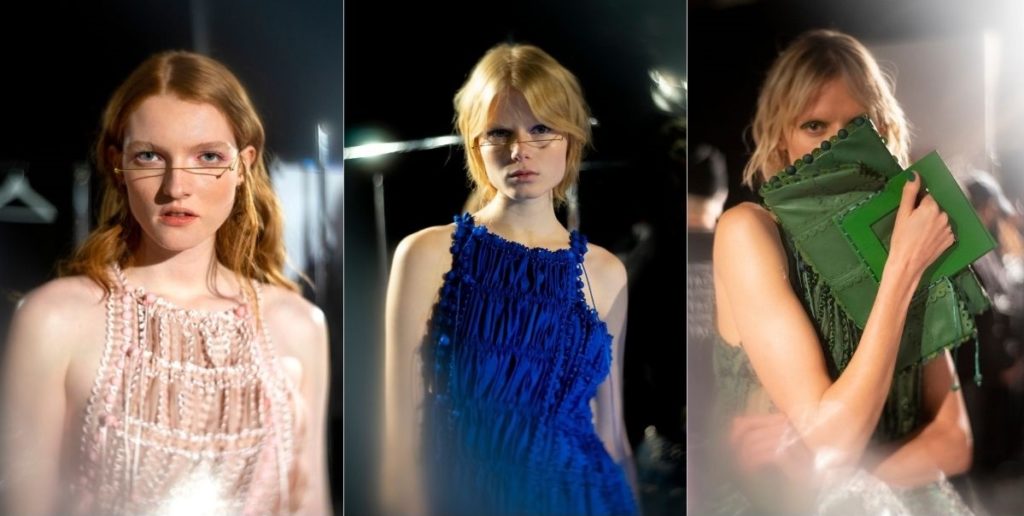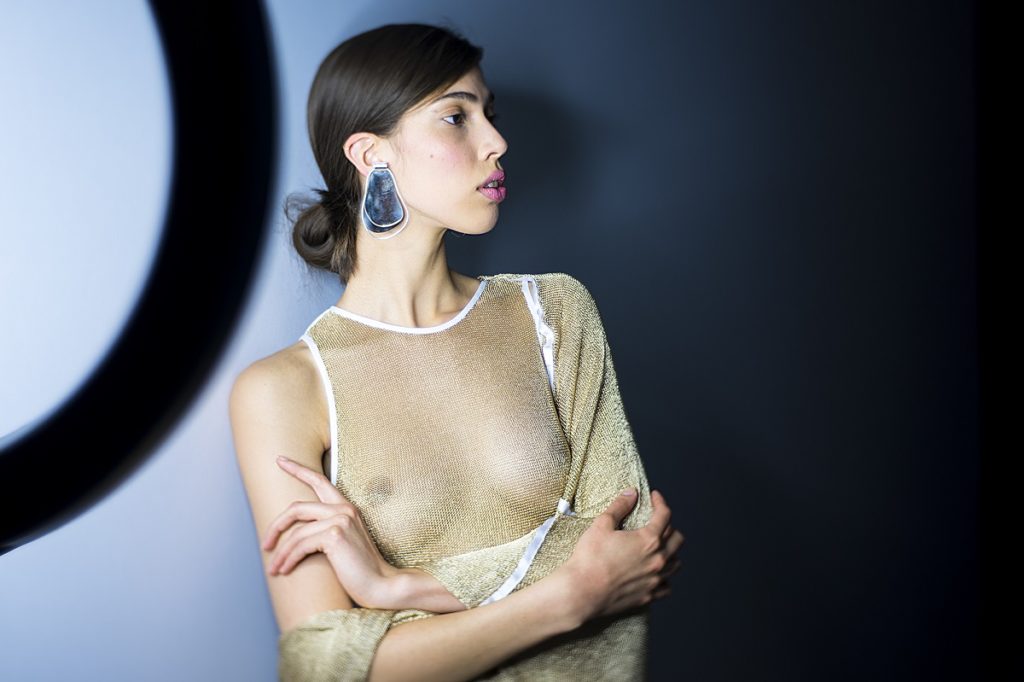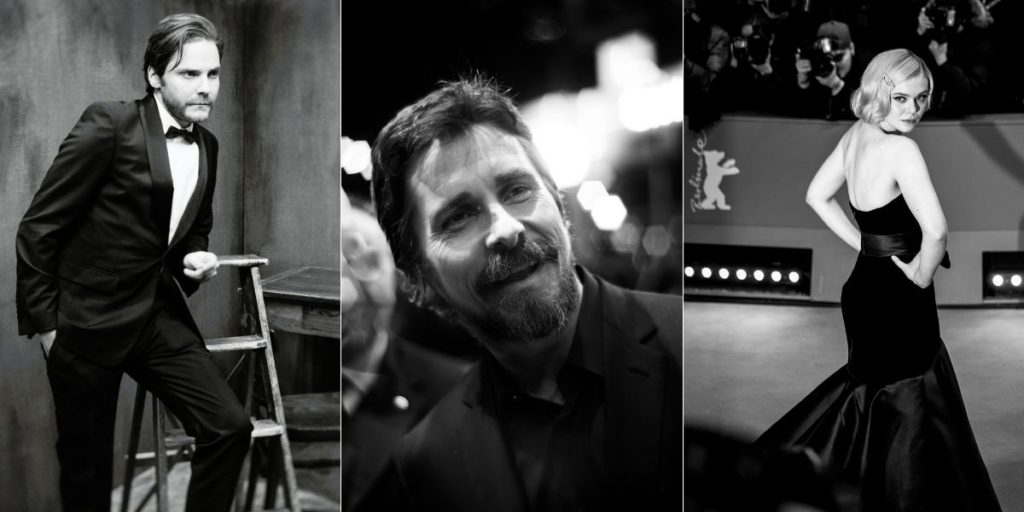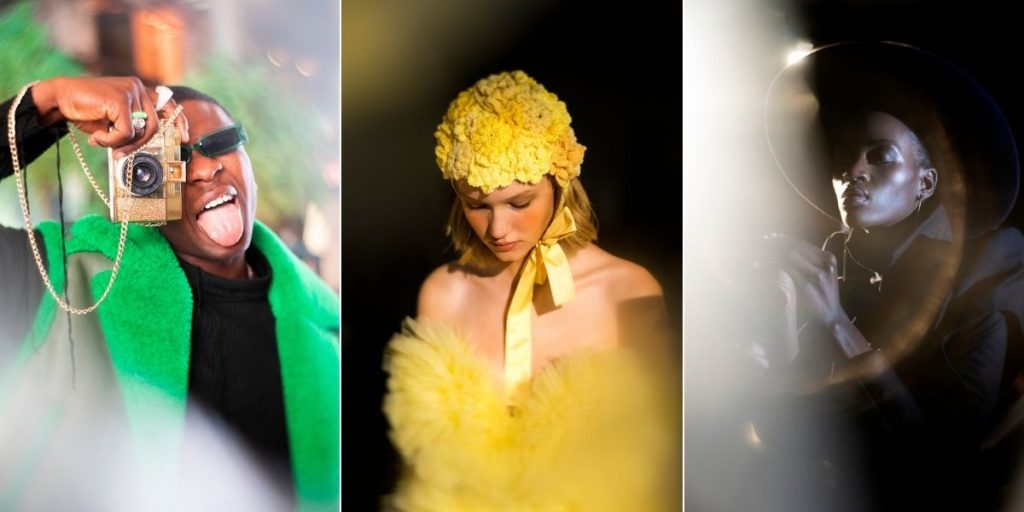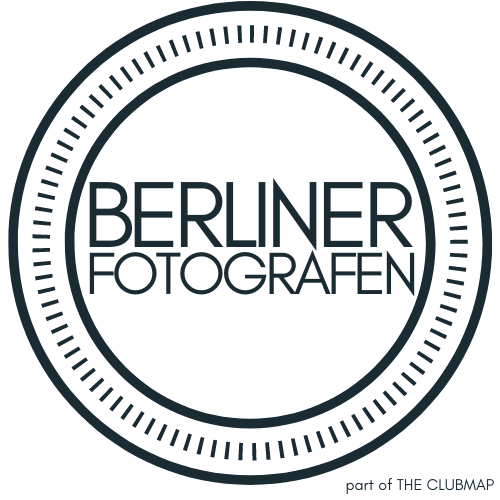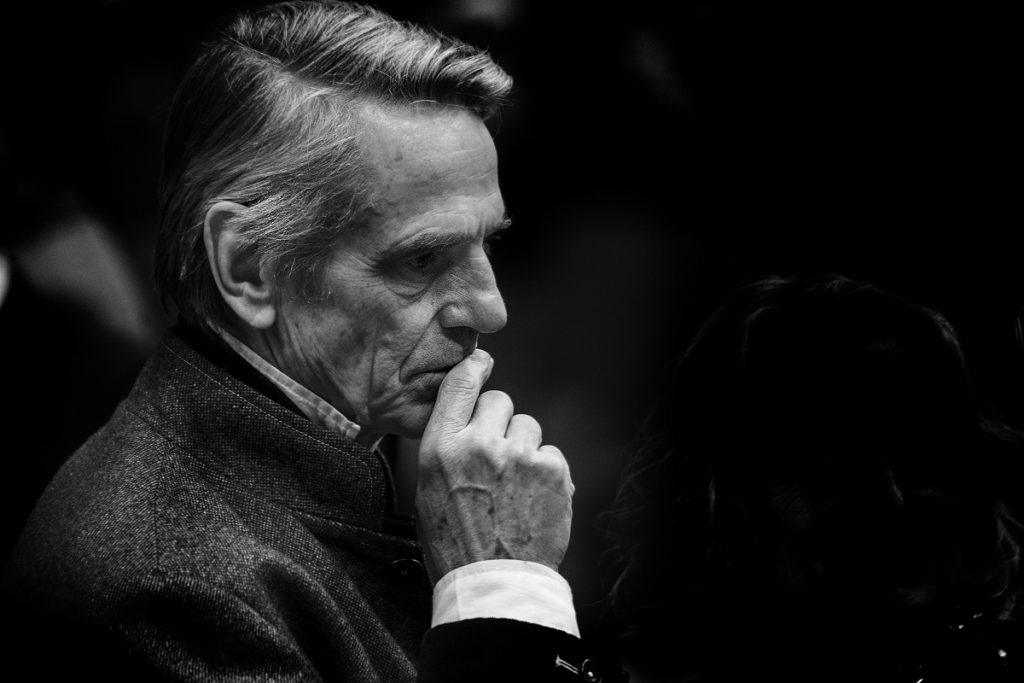
Seit wann fotografierst du?
How long have you been photographing?
I started very early, I was only 7 years old (1990) when I got my first camera as a First communion present, one of those Kodak 110, I used to take it always on vacations with my friends, then as I got older I started to experiment with digital cameras, my first digital camera had something like 1.2 megapixels and it was intended to create photo puzzles with a computer software, I was like 16 or 17 but there was nothing better at that time.
Ich habe sehr früh angefangen, ich war erst 7 Jahre alt (1990), als ich meine erste Kamera als Erstkommunionsgeschenk bekam, eine Kodak 110, die ich immer mit in den Urlaub mit meinen Freunden nahm. Als ich älter wurde, begann ich mit Digitalkameras zu experimentieren, meine erste Digitalkamera hatte etwa 1,2 Megapixel und war dafür gedacht, mit einer Computersoftware Fotopuzzles zu erstellen, ich war etwa 16 oder 17, aber es gab damals nichts Besseres.
Hast du dein erstes Bild noch?
Do you still have your first picture?
I don’t even know which was the first. I grow up in a family of artist so my aunts where always playing around with small cameras, I probably took one or two before even know what I was doing.
Ich weiß nicht einmal, welches das erste Foto war. Ich bin in einer Künstlerfamilie aufgewachsen, also haben meine Tanten immer mit kleinen Kameras herumgespielt, ich habe wahrscheinlich ein oder zwei gemacht Fotos, bevor ich überhaupt wusste, was ich tat.
Was sind deine Lieblingsmotive, eher Menschen oder Architektur?
What are your favourite motifs, rather people or architecture?
Faces! I hate to take photos of landscapes, animals, food and flowers and things like that, I think that’s a bit cheesy (no offence intended) I keep on finding women and faces the most interesting thing to capture, other than that I love to shot trains.
Gesichter! Ich hasse es, Landschaften, Tiere, Essen, Blumen und dergleichen zu fotografieren. Ich finde das ein bisschen kitschig (nichts für ungut), aber ich finde Frauen und Gesichter am interessantesten, und ansonsten fotografiere ich gerne Züge.
Lieber schwarz/weiß oder Farbe und warum?
Better black/white or color and why?
There’s a famous phrase by Ted Grant, the so-called “father” of Canadian photo-journalisms, he said “Real photographers shoot black and white, eat sushi, and drink single malt Scotch – not necessarily in that order, but it works very well” that’s very subjective of course, but I agree, I think Black and White is the best way to go when doing portraits, it’s easy to distract the public with colours and lights and effects, but try to be a good artist with just black and white. However, Ted grant also said that when you photograph people in colours you photograph their clothes, but when you do it in B&W you capture their soul. I can’t stress more on this. When I shot at Fashion Week I always shot colours, but when I’m doing portraits with friends, artist or actors at Berlinale I always go for B&W.
Es gibt einen berühmten Satz von Ted Grant, dem so genannten „Vater“ des kanadischen Fotojournalismus, der sagte: „Echte Fotografen fotografieren in Schwarzweiß, essen Sushi und trinken Single Malt Scotch – nicht unbedingt in dieser Reihenfolge, aber es funktioniert sehr gut“. Das ist natürlich sehr subjektiv, aber ich stimme zu, ich denke, dass Schwarzweiß der beste Weg ist, wenn man Porträts macht, es ist leicht, das Publikum mit Farben und Lichtern und Effekten abzulenken, aber versuchen Sie, ein guter Künstler zu sein, wenn Sie nur Schwarzweiß verwenden. Ted Grant hat aber auch gesagt, dass man beim Fotografieren von Menschen in Farben ihre Kleidung fotografiert, aber beim Fotografieren in Schwarz-Weiß fängt man ihre Seele ein. Ich kann das nicht mehr betonen. Wenn ich auf der Fashion Week fotografiere, nehme ich immer Farben, aber wenn ich auf der Berlinale Porträts von Freunden, Künstlern oder Schauspielern mache, nehme ich immer Schwarzweiß.
Was hältst von Instagram?
What do you think of Instagram?
It’s a big black whole, as any black whole is impossible not to look into it, you find your dreams and inspirations on this big whole of light and time, but if you look too deep into it your soul gets suck and crushes you. I stopped using Instagram in my phone last year as I was feeling less than other “artists” and I felt I was not creating enough content or my photos were not good enough, I feel way better about it now, today I use it only on the desktop version as a working tool or I install it when I need to upload content in real time events I’m working for and then deinstall it. This keeps my personal and pooping time free from distractions.
Es ist ein großes schwarzes Ganzes, wie jedes schwarze Ganze ist es unmöglich, nicht hineinzuschauen, man findet seine Träume und Inspirationen in diesem großen Ganzen aus Licht und Zeit, aber wenn man zu tief hineinschaut, wird die Seele ausgelutscht und erdrückt einen. Ich habe letztes Jahr aufgehört, Instagram auf meinem Handy zu benutzen, weil ich mich weniger als andere „Künstler“ fühlte und das Gefühl hatte, dass ich nicht genug Inhalte schaffe oder meine Fotos nicht gut genug sind. Ich fühle mich jetzt viel besser damit, heute benutze ich es nur noch auf der Desktop-Version als Arbeitswerkzeug oder ich installiere es, wenn ich Inhalte für Echtzeit-Events hochladen muss, für die ich arbeite, und deinstalliere es dann. So bleibt meine persönliche Zeit und meine Zeit auf der Toilette von Ablenkungen.
Was sind deine Vorbilder, sofern du welche hast?
What are your role models, if you have any?
I’m a very permeable person, I get inspired by almost anything! Any time I meet a creative person, go to an exhibition or watch a movie, I want to be like them. My biggest role models are my parents, they teach me to do what I love before doing what gives me money (altough it was always a hard life lesson that I understand only too late). But again, I feel inspired very easy by almost any one, as long as people has a good work ethic and puts society over profits I always want to learn from them. My personal photographer hero is Bill Cunningham, I was lucky to met him many times in NYC, I was always taking photos of him and I was always dressing up so he take photos of me, I actually made it into his NYTimes Fashion editorial once! I also love the work of the original Magnum photographers like Chim and Robert Cappa, I think there will never be anything like them, thanks to them photography is seen as a way of capture history in an artistic way and not just as manual labour or a working tool.
Ich bin ein sehr offener Mensch, ich lasse mich von fast allem inspirieren! Jedes Mal, wenn ich eine kreative Person treffe, eine Ausstellung besuche oder einen Film sehe, möchte ich so sein wie sie. Meine größten Vorbilder sind meine Eltern, die mir beigebracht haben, das zu tun, was ich liebe, und nicht das, was mir Geld einbringt (auch wenn das immer eine harte Lebenslektion war, die ich erst zu spät verstanden habe). Aber auch hier gilt, dass ich mich von fast jedem inspirieren lassen kann. Solange jemand eine gute Arbeitsmoral hat und die Gesellschaft über den Profit stellt, möchte ich immer von ihm lernen. Mein persönliches fotografisches Vorbild ist Bill Cunningham. Ich hatte das Glück, ihn viele Male in New York zu treffen, ich habe immer Fotos von ihm gemacht, und ich habe mich immer verkleidet, damit er Fotos von mir machen konnte, ich habe es sogar einmal in seinen NYTimes Fashion Editorial geschafft! Ich liebe auch die Arbeit der ursprünglichen Magnum-Fotografen wie Chim und Robert Cappa. Ich glaube, es wird nie wieder etwas Vergleichbares geben, denn dank ihnen wird die Fotografie als eine Möglichkeit gesehen, Geschichte auf künstlerische Weise festzuhalten, und nicht nur als manuelle Arbeit oder als Arbeitsmittel.
Was ist dein Lieblingsblog oder Webseite zum Thema Fotografie?
What is your favorite blog or website about photography?
I keep on loving lomography.com, the featured artist and the community are unique and super talented at the same time you can see and learn a lot of experimental stuff with chemicals and real light versus those super edited photoshop images that you find on Instagram or digital photo blogs.
Ich liebe lomography.com. Die vorgestellten Künstler und die Community sind einzigartig und super talentiert, und gleichzeitig kann man viel Experimentelles mit Chemikalien und echtem Licht sehen und lernen, im Gegensatz zu diesen super bearbeiteten Photoshop-Bildern, die man auf Instagram oder digitalen Fotoblogs findet.
Welche Ausstellung hast du zuletzt besucht?
What was the last exhibition you visited?
“photography and impressionism” at the Potsdam Barberini museum. A great collection of photos and paintings from French and other artist in the late 1800’ and early 1900’s. It’s a fantastic way of understanding the connection between the invention of photography and the breakthrough of impressionism art, it makes totally sense that this 2 movement are connected I really recommend this exhibition for those who can go, not only gets you super inspired to keep on working on your art but it also reminds you that photography is about capturing the light and play with it rather than make money and work for a gallery show, advertisement or social network content.
„Fotografie und Impressionismus“ im Museum Barberini in Potsdam. Eine großartige Sammlung von Fotos und Gemälden französischer und anderer Künstler aus den späten 1800er und frühen 1900er Jahren. Es ist eine fantastische Art und Weise, die Verbindung zwischen der Erfindung der Fotografie und dem Durchbruch des Impressionismus zu verstehen. Es macht absolut Sinn, dass diese beiden Bewegungen miteinander verbunden sind. Ich empfehle diese Ausstellung wirklich allen, die die Möglichkeit haben, sie zu besuchen. Sie inspiriert einen nicht nur dazu, weiter an seiner Kunst zu arbeiten, sondern erinnert einen auch daran, dass es bei der Fotografie darum geht, das Licht einzufangen und damit zu spielen, anstatt Geld zu verdienen und für eine Galerieausstellung, Werbung oder soziale Netzwerke zu arbeiten.
Wo gab es deine Arbeiten schon zu sehen?
Where have your works been shown before?
I have done some gallery shows here and there, I like to show my work with the 48 hours Neukölln festival but I also have show it in private events that I organise as well as in website magazines and blogs. You can see my work any day in the streets of Berlin in the way of “paste-ups” I believe Street art is the only way to reach real people on daily basis and a fun way of doing it. (Don’t do illegal things kids)
Ich habe hier und da in Galerien ausgestellt, ich zeige meine Arbeiten gerne im Rahmen des 48 Stunden Neukölln Festivals, aber ich zeige sie auch auf privaten Veranstaltungen, die ich organisiere, sowie in Website-Magazinen und Blogs. Du kannst meine Arbeit jeden Tag in den Straßen Berlins in Form von „Paste-Ups“ sehen. Ich glaube, dass Street Art der einzige Weg ist, um echte Menschen auf täglicher Basis zu erreichen, und eine lustige Art, dies zu tun. (Macht keine illegalen Sachen, Kinder)
Kannst du dir vorstellen, dass deine Bilder in einer Galerie nicht mehr als Print, sondern nur noch auf Screens erscheinen?
Can you imagine that your pictures no longer appear in a gallery as print, but only on screens?
No I don’t think that will ever happen, although I love to share my images online I think a photo or image only has value when printed, only then you can appreciate the real colours and details, only then you can sell it and give value to your customers, I always push other photographers to print their images and learn from what they see on them. I also develop my own films and print my photos, I paint on top of them with acrylics and oils on regular basis, I’m learning how to print photos with screen-print techniques and I love to go to the lab and use the enlarger, is part of my art process and a good way of “editing”. I can imagine many people going crazy if one day they can’t find a computer or a phone to work on their photos. I despite the NFT art trend, although I understand how and why (and probably will end up selling some), I think this is collective stupidity, it’s like buying a car but you still park it outside with the keys on, everyone can use it and fuck around with it, but you still claim you have the ownership papers.
Nein, ich glaube nicht, dass das jemals passieren wird. Obwohl ich es liebe, meine Bilder online zu teilen, denke ich, dass ein Foto oder ein Bild nur dann einen Wert hat, wenn es gedruckt wird, denn nur dann kann man die echten Farben und Details schätzen, nur dann kann man es verkaufen und seinen Kunden einen Wert bieten. Ich dränge andere Fotografen immer dazu, ihre Bilder zu drucken und von dem zu lernen, was sie auf ihnen sehen. Ich entwickle auch meine eigenen Filme und drucke meine Fotos, ich male regelmäßig mit Acryl- und Ölfarben auf ihnen, ich lerne, wie man Fotos mit Siebdrucktechniken druckt, und ich liebe es, ins Labor zu gehen und das Vergrößerungsgerät zu benutzen, das ist Teil meines künstlerischen Prozesses und eine gute Art der „Bearbeitung“. Ich kann mir vorstellen, dass viele Leute verrückt werden, wenn sie eines Tages keinen Computer oder kein Telefon mehr finden, um ihre Fotos zu bearbeiten. Trotz des NFT-Kunsttrends, obwohl ich verstehe, wie und warum (und wahrscheinlich werde ich am Ende einige davon verkaufen), denke ich, dass dies eine kollektive Dummheit ist, es ist, als ob man ein Auto kauft, es aber immer noch mit dem Schlüssel draußen parkt, jeder kann es benutzen und damit herumspielen, aber man behauptet immer noch, dass man die Eigentumspapiere hat.
Hebst du alle Bilder noch im RAW Format auf, oder findest du das im Internetzeitalter unnötig?
Do you keep all your pictures in RAW format, or do you find this unnecessary in the internet age?
I totally do, I’m afraid I have to many files and will die with too many negatives and hard-drives, but that’s the only way you can keep the value on your art.
Ich habe Angst, dass ich zu viele Dateien habe und mit zu vielen Negativen und Festplatten sterben werde, aber nur so kann man den Wert seiner Kunst erhalten.
Benutzt du noch analoge Kameras und wenn ja warum?
Do you still use analog cameras and if so why?
All the time, I have too many of them, actually all of my lenses are analog, I don’t own or use any lenses with chips or body connections and have only one digital camera with lens adaptors. I was born in the 80’s, almost everything was analog in my house when I grow up, we only got a computer when I was like 16 and my parents never got a CD player until 1995 or something like that. I love technology and digital tools, I’m learning a lot about art generated by Artificial Intelligence, but you can’t compare the look and feel of a photo taken with a medium format camera versus a digital one, It’s like gold and pyrite, they kind of look similar but you can spot the real gold from far away. I find funny all those people that take digital images and fake the Kodak Portra frame around it with filters and stuff, many people shot their movies on digital and pay for filters that make it look like was shot on film, that should be enough to understand why every photographer should shoot analog on daily basis. If you don’t understand how a film camera works don’t pretend to understand photography at all.
Ich habe ständig zu viele davon, eigentlich sind alle meine Objektive analog, ich besitze oder benutze keine Objektive mit Chips oder body connections und habe nur eine Digitalkamera mit Objektivadaptern. Ich wurde in den 80er Jahren geboren, als ich aufwuchs, war in meinem Haus fast alles analog, wir bekamen erst einen Computer, als ich etwa 16 war, und meine Eltern bekamen erst 1995 oder so einen CD-Player. Ich liebe Technologie und digitale Werkzeuge, ich lerne viel über Kunst, die von künstlicher Intelligenz erzeugt wird, aber man kann das Aussehen und das Gefühl eines Fotos, das mit einer Mittelformatkamera aufgenommen wurde, nicht mit dem einer Digitalkamera vergleichen. Das ist wie bei Gold und Pyrit, sie sehen irgendwie ähnlich aus, aber man kann das echte Gold schon von weitem erkennen. Ich finde es witzig, dass all die Leute, die digitale Bilder machen und den Kodak-Portra-Rahmen mit Filtern und so weiter fälschen, ihre Filme digital aufnehmen und für Filter bezahlen, die sie so aussehen lassen, als wären sie auf Film gedreht worden – das sollte ausreichen, um zu verstehen, warum jeder Fotograf täglich analog fotografieren sollte. Wenn Sie nicht verstehen, wie eine Filmkamera funktioniert, sollten Sie nicht so tun, als würden Sie die Fotografie überhaupt verstehen.
